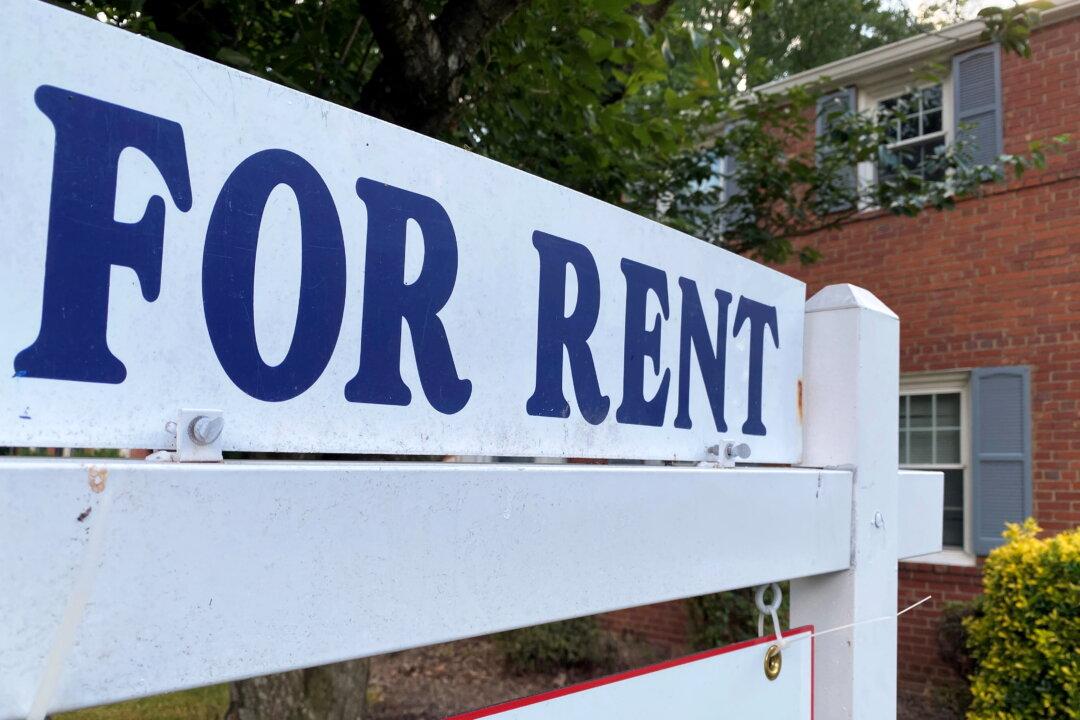Homes bought by investors made up a record 18.4 percent of the total homes sold in the United States during the final quarter of last year, based on a report by realty company Redfin, drawing scrutiny from lawmakers who have blamed the trend for driving up home prices.
The Q4 numbers reveal an uptrend from 12.6 percent in 2020 and 17.4 percent in Q3 2021. Investors purchased 80,293 homes in Q4, which is up 43.9 percent compared to the same period last year. However, the total number of homes purchased by investors in Q4 fell 9.1 percent from Q3’s peak. Housing supply crunches and seasonal factors are the two reasons given by Redfin for the quarterly drop.





